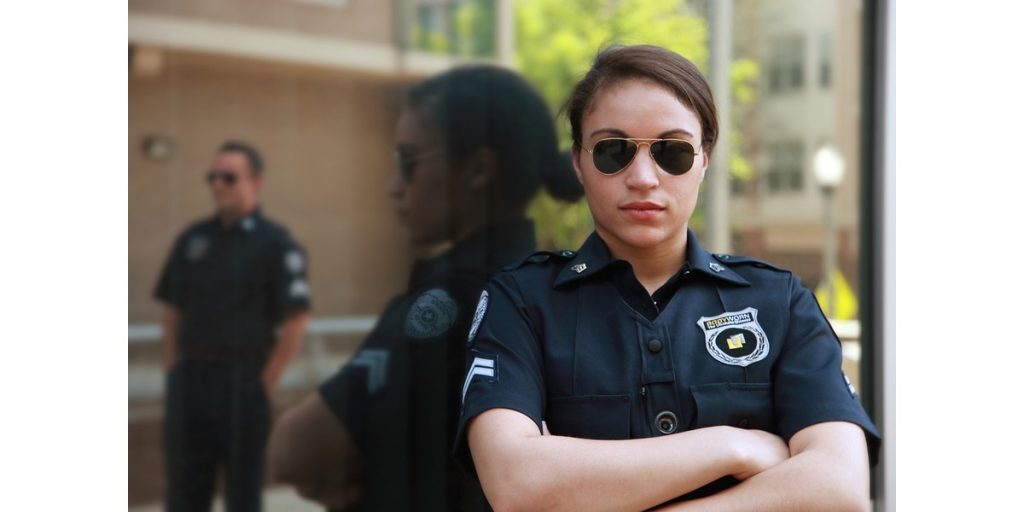Family court orders in Australia are essential for ensuring that parents and families adhere to legal decisions about child custody, visitation rights, and other family matters. But what happens when these orders are not followed? Can the police enforce family court orders in Australia?
The police in Australia play a limited but important role when it comes to enforcing family court orders. Family court orders generally involve matters such as child custody, visitation, or property division. These orders are legally binding, and both parties must comply with the conditions set by the court. However, enforcing these orders is not always straightforward.
This guide will help you understand the role police play in enforcing family court orders, the limits of their involvement, and how they can assist in specific circumstances.
I. What Role Do the Police Play in Enforcing Family Court Orders in Australia?
Police officers are not automatically responsible for enforcing all aspects of family court orders. Their involvement primarily occurs when there is a direct threat to the safety of a person or child. In cases of family violence or where there are immediate concerns about someone’s safety, the police may step in to ensure the situation does not escalate.
Generally, the court itself enforces its orders through legal mechanisms like fines or penalties. But in some situations, the police may be called upon to intervene, especially in high-conflict scenarios.
II. Can Police Intervene If a Family Court Order Is Breached?
Yes, police can intervene if a family court order is breached, but only under specific circumstances. If there is a breach that involves the safety or welfare of a child or adult, the police are authorised to act swiftly to prevent harm. For example, if a parent refuses to return a child after a scheduled visitation and there are concerns for the child’s wellbeing, the police may be called in.
However, police action does not always result in immediate enforcement of the family court order. Police officers will assess the situation and, if necessary, they may recommend that the matter be resolved in court rather than through direct enforcement. The police cannot force someone to comply with orders about property settlements or visitation schedules unless safety is at risk.
If the breach involves a serious or ongoing refusal to comply with the family court order, the aggrieved party may need to apply to the family court for a contravention order. This legal mechanism allows the court to impose penalties on the party that has breached the order, but it typically does not involve police enforcement unless violence or harm is a factor.
Read Also: What Happens When You Break Family Court Orders?
III. Under What Circumstances Can Police Assist with Family Court Orders?
Police can assist with family court orders under specific circumstances, primarily when safety or immediate risk is involved. Here are some scenarios where police involvement is appropriate:
- Family Violence: If a family court order is breached and there is an immediate threat of family violence, the police can intervene to protect the victim. This may include removing the perpetrator from the premises or ensuring the safety of a child.
- Child Abduction: If one parent unlawfully takes a child in violation of a family court order, the police may be involved in locating the child and returning them to the appropriate caregiver. Child abduction is a serious breach of a family court order, and police intervention is necessary in these cases.
- Recovery Orders: In some cases, the family court may issue a recovery order, which is a legal directive for the police to locate and return a child to their legal guardian. This usually happens when one parent refuses to return a child after a visit or moves the child without permission.
- Breaching of Intervention Orders: If a family court order includes an intervention order or a domestic violence order, and this order is breached, the police can take immediate action. The breach of such orders is treated as a criminal offence, and the police have the authority to arrest the offender and take legal action.
While police assistance is crucial in these situations, it’s important to remember that not all breaches of family court orders will result in police intervention.
IV. What Are the Limits of Police Involvement in Family Court Order Enforcement?
While police play a crucial role in ensuring the safety of individuals, there are clear limits to their involvement when enforcing family court orders. Understanding these limits is essential for anyone dealing with family court issues.
- Non-Safety-Related Breaches: Police do not enforce family court orders that relate to property settlements or general visitation schedules unless safety is a concern. For example, if one parent does not allow the other parent to see their child during scheduled visitations, the police may not be able to help unless there is a genuine risk of harm. Instead, this would likely be dealt with through the family court system.
- Family Court Is Not Criminal Court: Family court orders are civil orders, not criminal orders. This means the police are less involved in their day-to-day enforcement compared to criminal matters. The court is responsible for imposing penalties like fines, community service, or other consequences when orders are breached.
- Police Discretion: Police officers have discretion in deciding whether to intervene in family court order breaches. Even if a breach has occurred, the police may choose not to take action if they determine that the matter does not involve an immediate threat to safety. In these cases, the matter would need to be resolved through legal processes, like applying for a contravention order in court.
- Complex Cases Require Court Intervention: For more complex breaches, such as refusal to comply with financial orders or ongoing disputes about child custody, the police do not have the authority to intervene. These issues require the involvement of the family court, which has mechanisms in place to deal with contraventions.
Police Enforcement of Family Court Orders: Key Takeaways
Police enforcement of family court orders is limited to situations where safety is at risk or where there are immediate concerns about family violence or child abduction. While the police are an important resource in ensuring the protection of individuals, most breaches of family court orders must be handled through legal proceedings in the family court.
Looking for Legal Help with Family Court Orders? We Can Assist
If you’re dealing with a breach of family court orders or need help understanding your legal options, Justice Family Lawyers can provide expert advice and representation. Our experienced team understands the complexities of family law and can guide you through the steps to protect your rights and your family’s well-being. Reach out to Justice Family Lawyers today to schedule a consultation and get the support you deserve.





